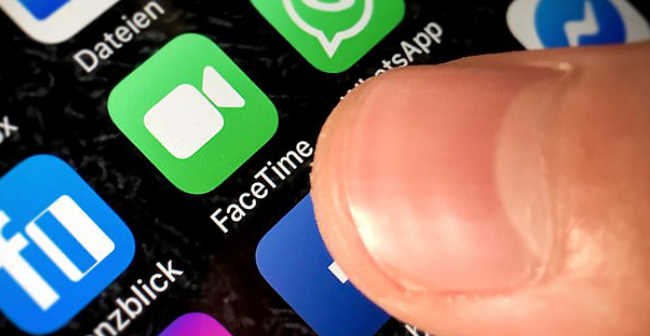
Mobile phones should be kept from classrooms, the UK minister for schools has said. Nick Gibb said he had concerns about the effect that the phone was having on children, and said the Government should introduce lessons for pupils on how to limit their screen time.
Mr Gibb said, “Schools obviously are free to set their own behaviour policies but my own view is that schools should ban mobile telephones and smart phones inside school, and particularly inside classrooms. I believe very strongly that children should be limiting their own use at home. Every hour spent online and on a smart phone is an hour less talking to family, and it’s an hour less exercise and it’s an hour less sleep. And of course it is a lack of sleep that research is showing can have a damaging effect on a child’s mental health.”
The parents are told that children will be asked to break off at least every two hours and avoid social media before bedtime. The UK would be following in the footsteps of European countries if schools were to introduce a ban, with French pupils being told to leave their smart phones at home when they returned from their summer holidays last year.
Speaking at the Festival of Education at Wellington College last summer, Sir Michael said that any sensible head would ban mobile phones. “It’s far too distracting for children having mobile phones. Texting, playing games, all this takes place. Mobile phones go off in classrooms, disrupting lessons. Ban them. If children want to use a phone in an emergency they can use the school phone.”
本时文内容由奇速英语国际教育研究院原创编写,未经书面授权,禁止复制和任何商业用途,版权所有,侵权必究!(作者投稿及时文阅读定制请联系微信:400-1000-028)
1.What does Nick Gibb think the Government should do?
A Think about the harm of mobile phones to students.
B Set up courses to teach the students to control the time of using mobile phones.
C Formulate free behaviour management regulations for each school.
D Introduce a ban on the use of mobile telephones and smart phones inside school.
解析:选B。细节理解题。根据第一段最后一句的the Government should introduce lessons for pupils on how to limit their screen time可知他认为政府应该设置相关课程教育孩子们如何控制使用手机的时间。故选B。
2.What will happen if a child spends too much time on the mobile phone?
A He will have less time to communicate with the family.
B He will not have enough time to build his body.
C He will damage his mental health due to the lack of sleep.
D All the above.
解析:选D。细节理解题。根据第二段最后两句Every hour spent online and on a smart phone is an hour less talking to family, and it’s an hour less exercise and it’s an hour less sleep. And of course it is a lack of sleep that research is showing can have a damaging effect on a child’s mental health.可知孩子每花一个小时的时间玩手机,与家人交流、进行身体锻炼和睡眠的时间就会相应地减少一个小时,且由于缺乏睡眠还会影响到精神体健康。故选D。
3.Which of the following can replace the underlined phrase “break off” in Paragraph 3?
A Leave alone.
B Take away.
C Have a rest.
D Give up.
解析:选C。词义猜测题。根据第三段画线词组所在句子的语境可知,此句是在建议父母要加强对孩子手机使用时间的监管。后面的avoid social media before bedtime是建议在睡前不玩社交媒体,and一词提示前后表并列关系,因此前面应是建议尽量让孩子少玩手机,多“休息”。故选C。
4.What’s Sir Michael’s attitude to children having mobile phones into the class?
A Support positively.
B Remain neutral.
C Appear indifferent.
D Oppose strongly.
解析:选D。观点态度题。通读第四段可知,此段两次提到了“ban(禁止)”一词,由此可知迈克尔爵士对学生带手机进入课堂的行为持坚决反对的态度。故选D。